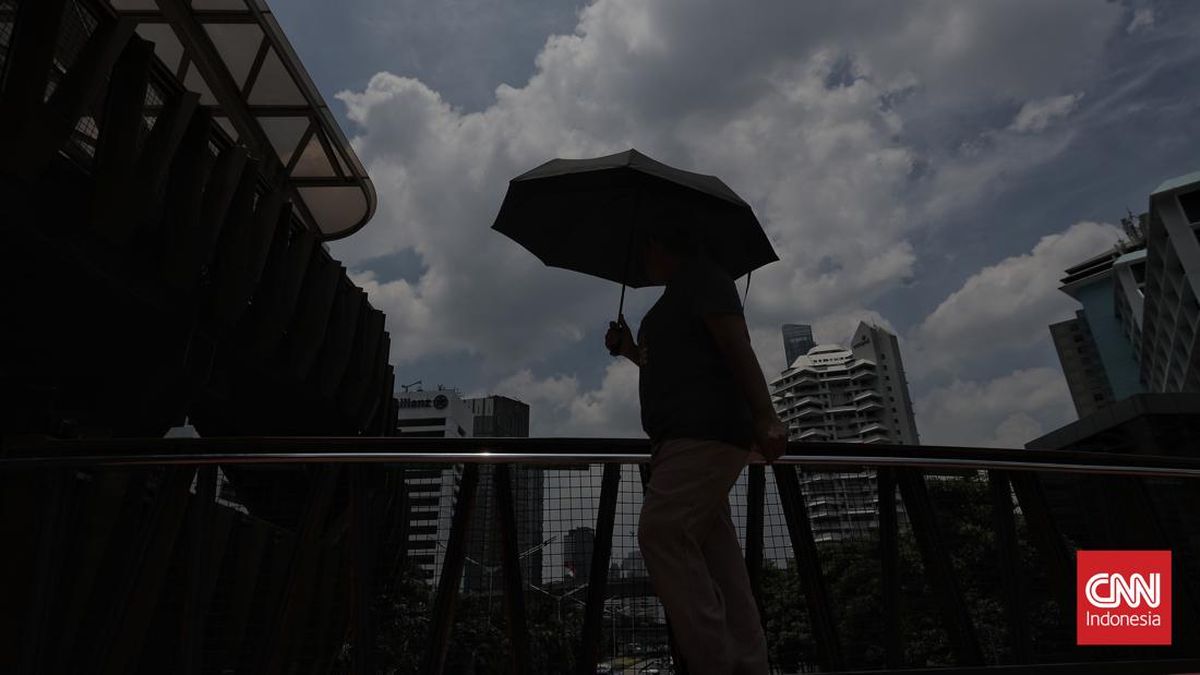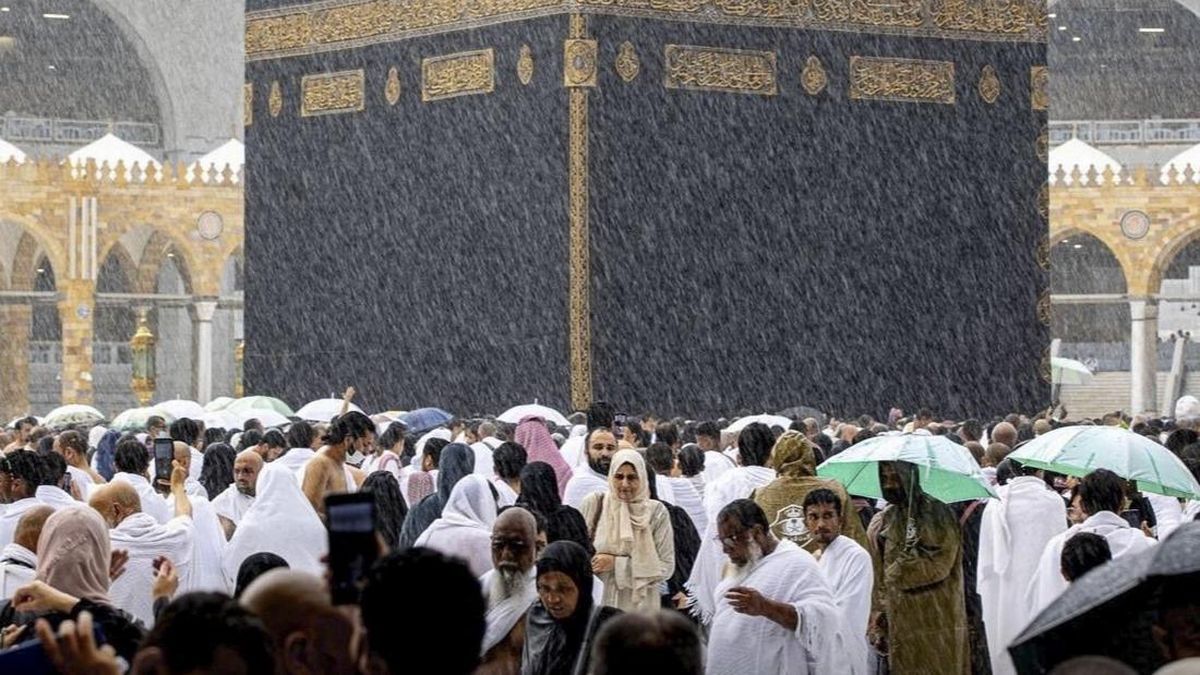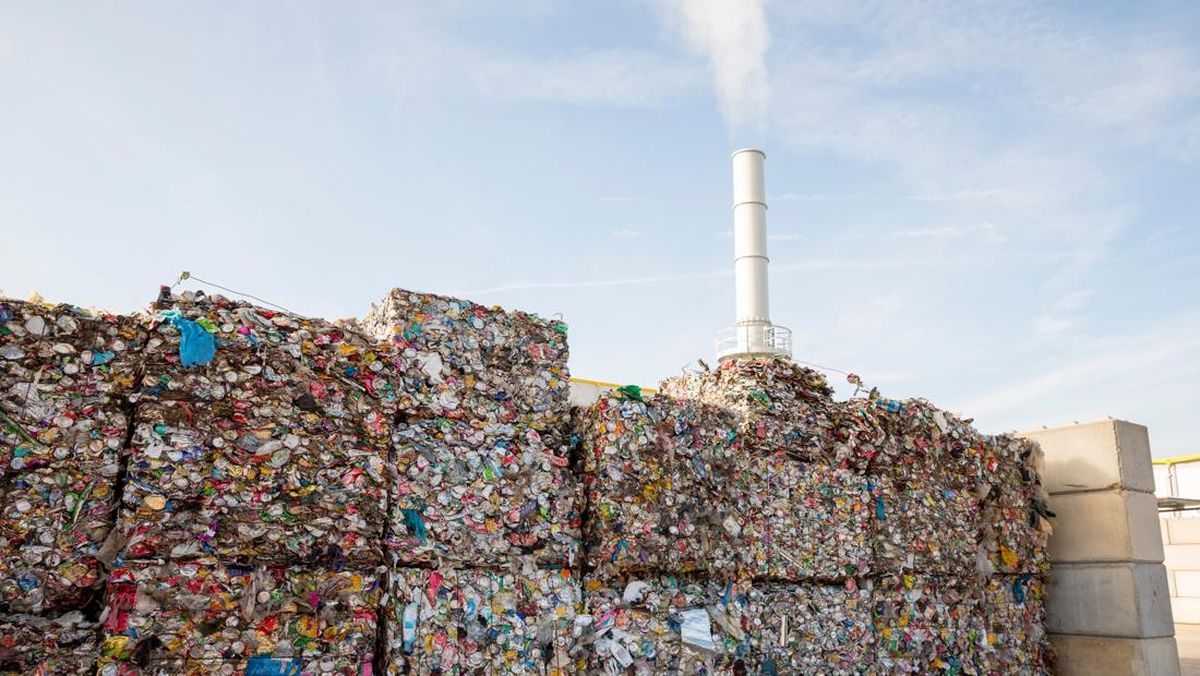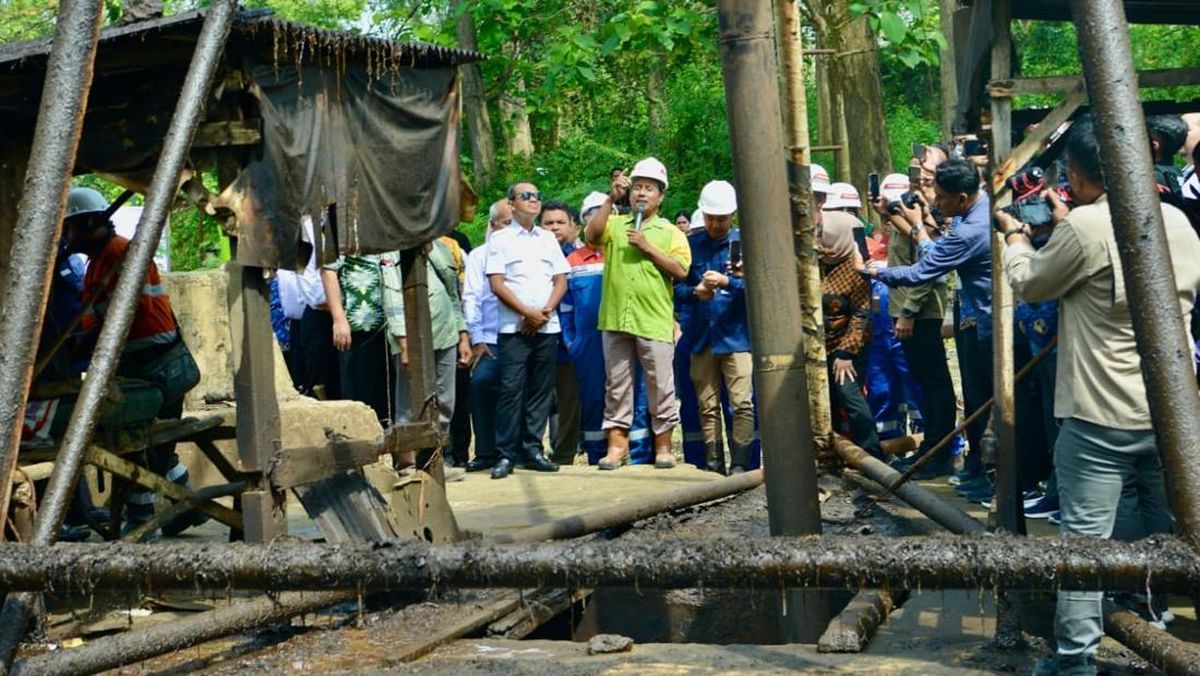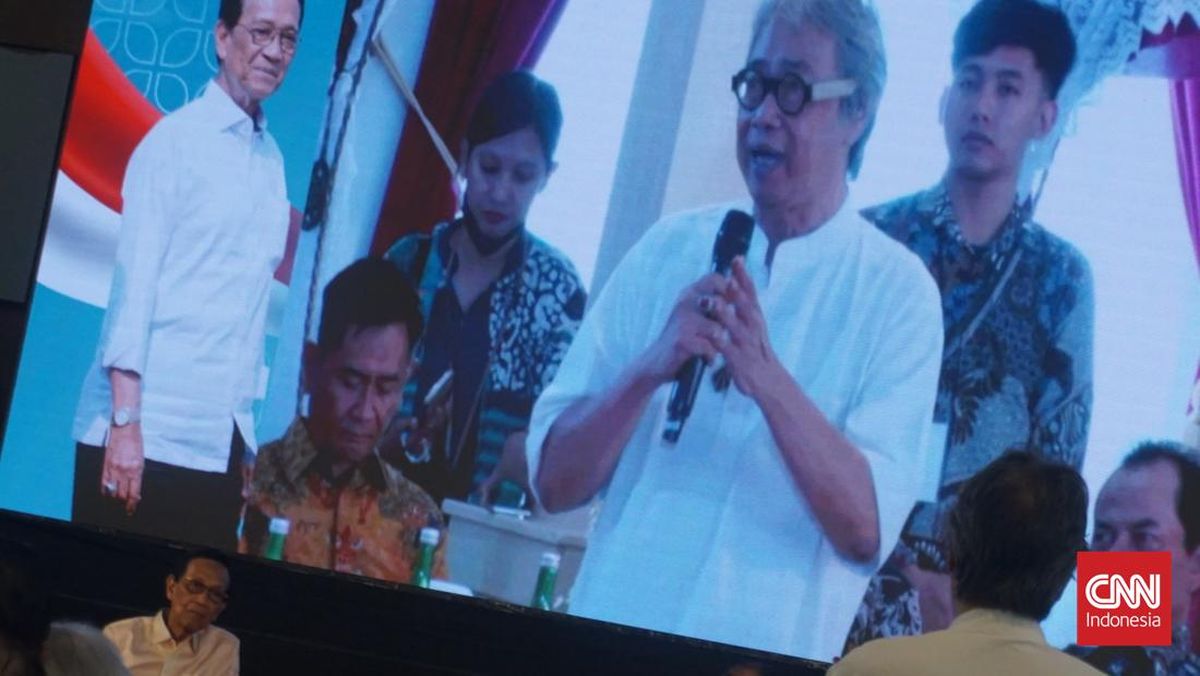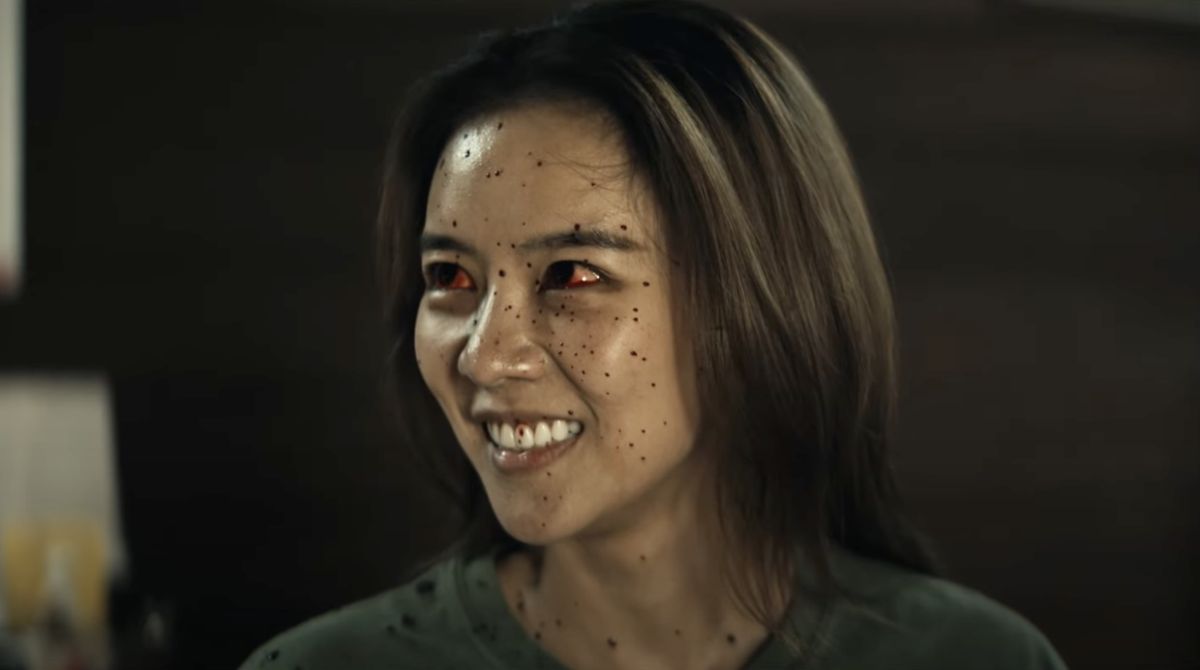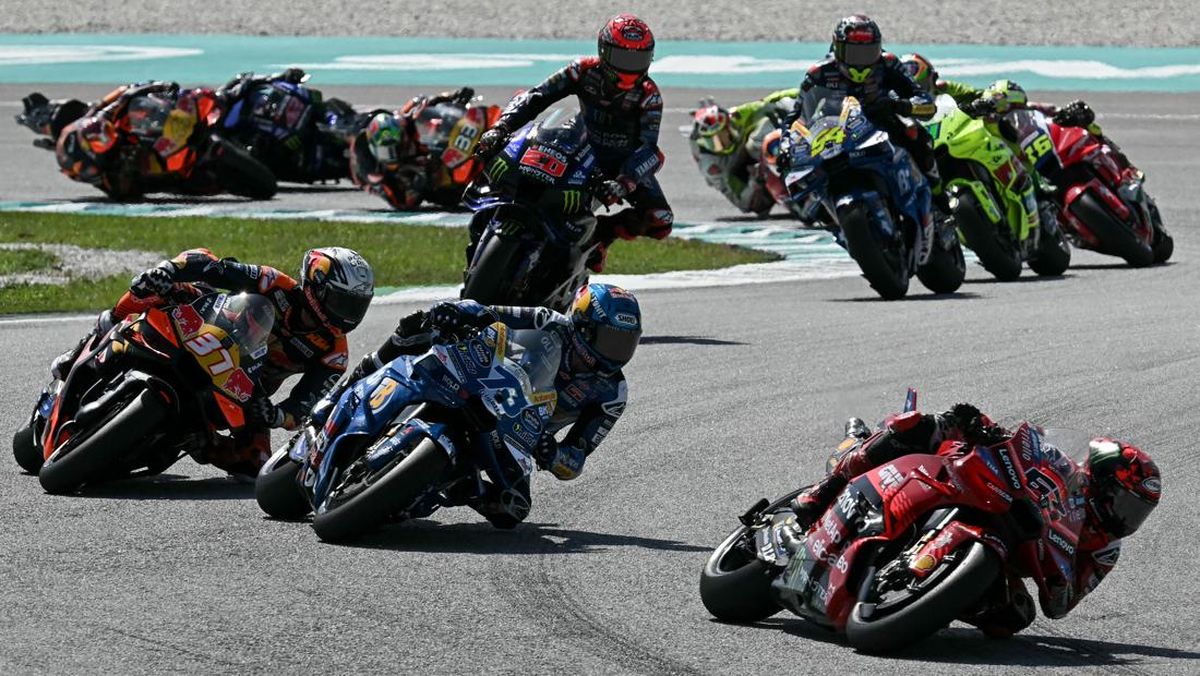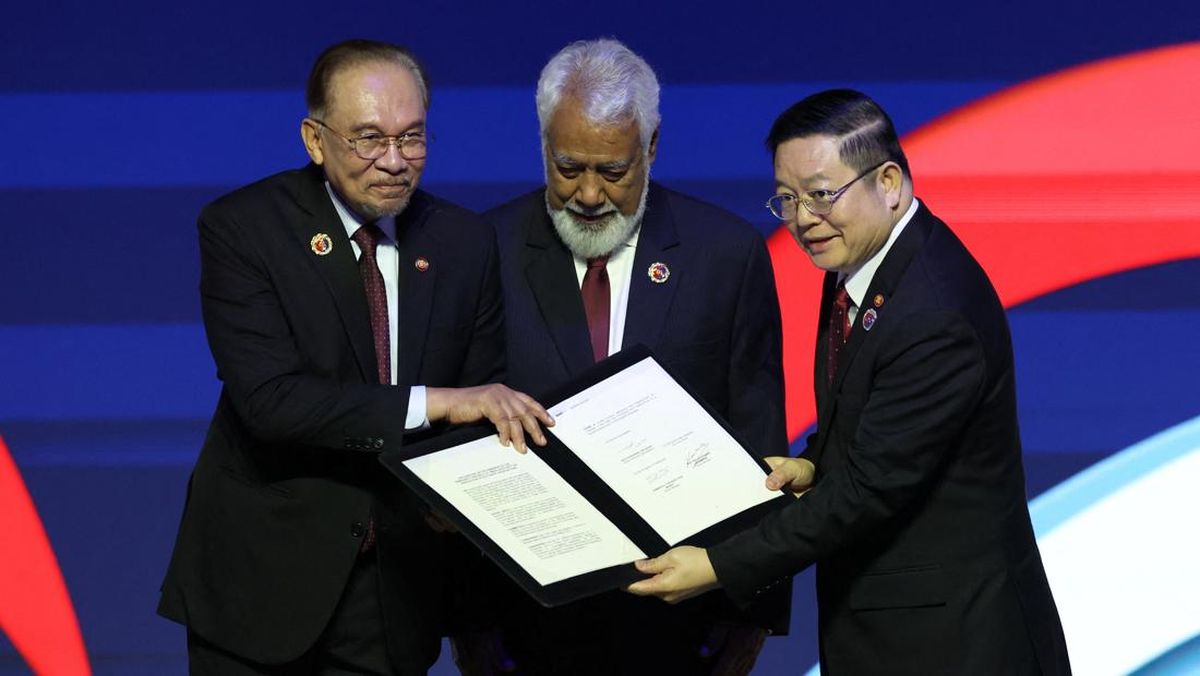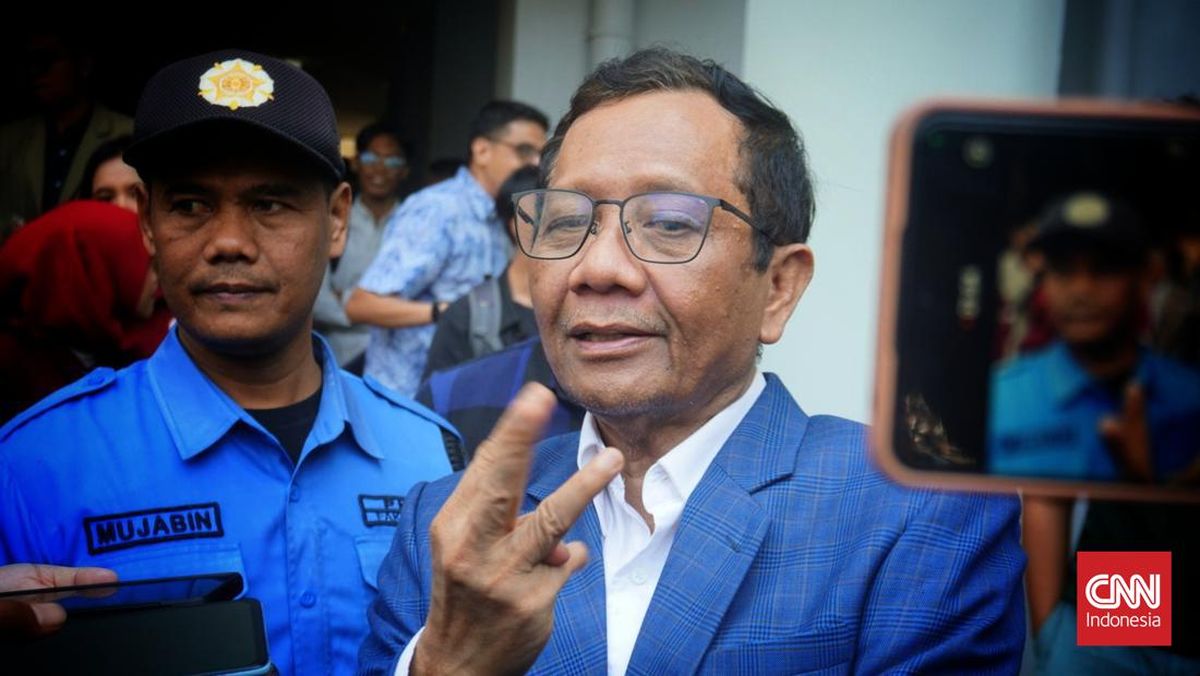A senior Sydney priest has warned his followers “sheep do not judge their shepherd” in a sermon about his divided church after a veteran cleric was found guilty of child sexual abuse days earlier – shocking victims and experts.
Meanwhile, a document penned by the paedophile priest himself, which ordered followers “when you are abused, be quiet”, has been quietly removed after decades in a government registry.

Alexis Rosentool, a senior priest of the Russian Church in Australia, has been found guilty of child sexual abuse.Credit: YouTube
Alexis Rosentool was found guilty on June 20 of child sexual abuse dating from the 1980s and 2000s, when he was a priest in the Russian Orthodox Church Outside of Russia (ROCOR) in Sydney.
The Herald revealed pro-Russian propagandist Simeon Boikov, aka Aussie Cossack, had collaborated with police to convince victims to speak up and bring down Rosentool.
The case unexpectedly landed Boikov in the Russian consulate, where he remains after 930 days, having fled there after being arrested for breaching a suppression order over Rosentool’s name.
Loading
Rosentool’s conviction has divided the ROCOR church. Some maintain support for him, according to Archpriest Boris Ignatievsky of the Cabramatta church, where Rosentool once served.
“Sadly, this sorrowful event has split our diocesan community, those who are for the resolution and those against,” Ignatievsky told his congregation on Sunday.
Ignatievsky said members had “succumbed to the sinful temptation” of judging others.
“Sheep do not judge their shepherd, irrespective of who he is,” the priest said. “To judge clergy means to judge Christ himself. So be very, very careful.”
Ignatievsky told the Herald his comments warned against judging “other clergy” who had been accused of supporting, facilitating or covering up for Rosentool.
Boikov said survivors and their families were shocked by Ignatievsky’s comments.
In the years after the abuse, Rosentool moved to Bombala in southern NSW and set up a monastery in the countryside.
Five days after Rosentool was found guilty last month, his Bombala monastery quietly replaced its governing document on the Australian government’s charity register.
But in the files of the Australian Charities and Not-for-profits Commission, there are traces of the original governing document from 2007, signed by Rosentool among other church figures.
“Fear the abbot as your lord and love him as your father,” Rosentool’s document says of himself.
“When you are abused, be quiet. Offend no one and when you are offended, bear it patiently. Put no hope in vain plans and dreams, but be firm in Christ.”
The document denounces the evils of women’s company and orders them to remain silent unless spoken to by Rosentool.
“As from poison flee conversation with women, if you hope to keep yourself in such talk is concealed the ruinous venom of the serpent,” the document instructs.

The signature of Alexis Rosentool, abbot of Bombala monastery and child abuser, on the “deed of trust” in 2007.Credit:
“It is better to jump into a raging fire than to draw near to a young woman.”
Rosentool was taken into custody to await sentencing on June 20, meaning someone else probably updated the monastery’s document.
The governing documents were circulated within Boikov’s social media channels and verified by the Herald.
Neither the monastery nor the Australia and New Zealand Diocese overseeing the broader ROCOR church responded to detailed questions about the document and Ignatievsky’s sermon.
The diocese last week published a statement apologising unreservedly for the hurt caused to Rosentool’s victims.
The diocese also apologised “for any action or inaction to respond appropriately and mitigate the abuse of trauma caused”, vowing to take immediate steps, including offering support and “trauma-informed training” for all clergy.

Simeon Boikov is holed up in the Russian consulate.Credit: Wolter Peeters
Child protection organisation Bravehearts told the Herald it was sadly common to see religious institutions “formalise silence” as in Rosentool’s monastery document.
“Where there is a culture of silence, or where an organisation works to protect those who have harmed, this creates an environment of vulnerability,” director of research Carol Ronken said.
“It means that other children or young people may be victimised, and that other victims and survivors do not feel that they can speak out and disclose.”
The monastery’s lack of support, and silence, was unacceptable, Ronken said.
“For some survivors, forgiveness feels incompatible with their sense of justice. They may feel it is important to hold the perpetrator responsible rather than absolving them.”
Start the day with a summary of the day’s most important and interesting stories, analysis and insights. Sign up for our Morning Edition newsletter.
Most Viewed in National
Loading

